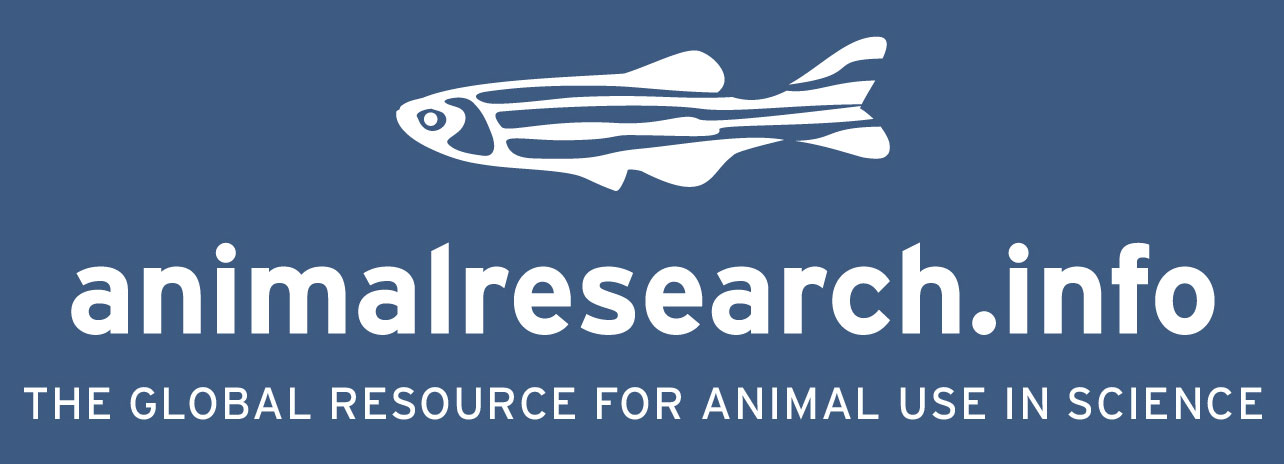"The finding demonstrates how critically important studies in monkeys are to the understanding of HIV infection...Current proposals to restrict non-human primate research in the EU could prevent this type of work..."
Professor Andrew McMichael, Director of the Weatherall Institute of Molecular Medicine, University of Oxford
Quote
"This is a very exciting report that shows that a local application of simple chemical compound can prevent infection of the genital tract by SIV, the monkey version of HIV. The experiments start with an analysis of how SIV infection gets started in genital tissues demonstrating a role for a locally produced chemokine (cellular hormone) that attracts in the main target cells for SIV, the CD4 T cells, to the genital tract. They show that glycerol monolaurate inhibits production of this chemokine. They then demonstrate that the same compound prevents infection of SIV when the virus is inoculated into the vagina of monkeys. The protective effect is dramatic.
"This is an inexpensive compound that could be used in humans and clinical trials are very likely to follow. A complicating factor might be the presence of other genital tract infections which are known to increase susceptibility to infection by other means so a clinical trial should in my view include treatment of such infections.
"The finding demonstrates how critically important studies in monkeys are to the understanding of HIV infection and development of strategies to prevent infection. Current proposals to restrict non-human primate research in the EU could prevent this type of work which could have outcomes of immense benefit to human health."
This statement was given as expert comment in response to the publication: Li, Q. et al.(2009) Glycerol monolaurate prevents mucosal SIV transmission. Nature Advanced online publication
doi:10.1038/nature07831
Source: The Science Media Centre, March 2009
Last edited: 27 August 2014 06:01
